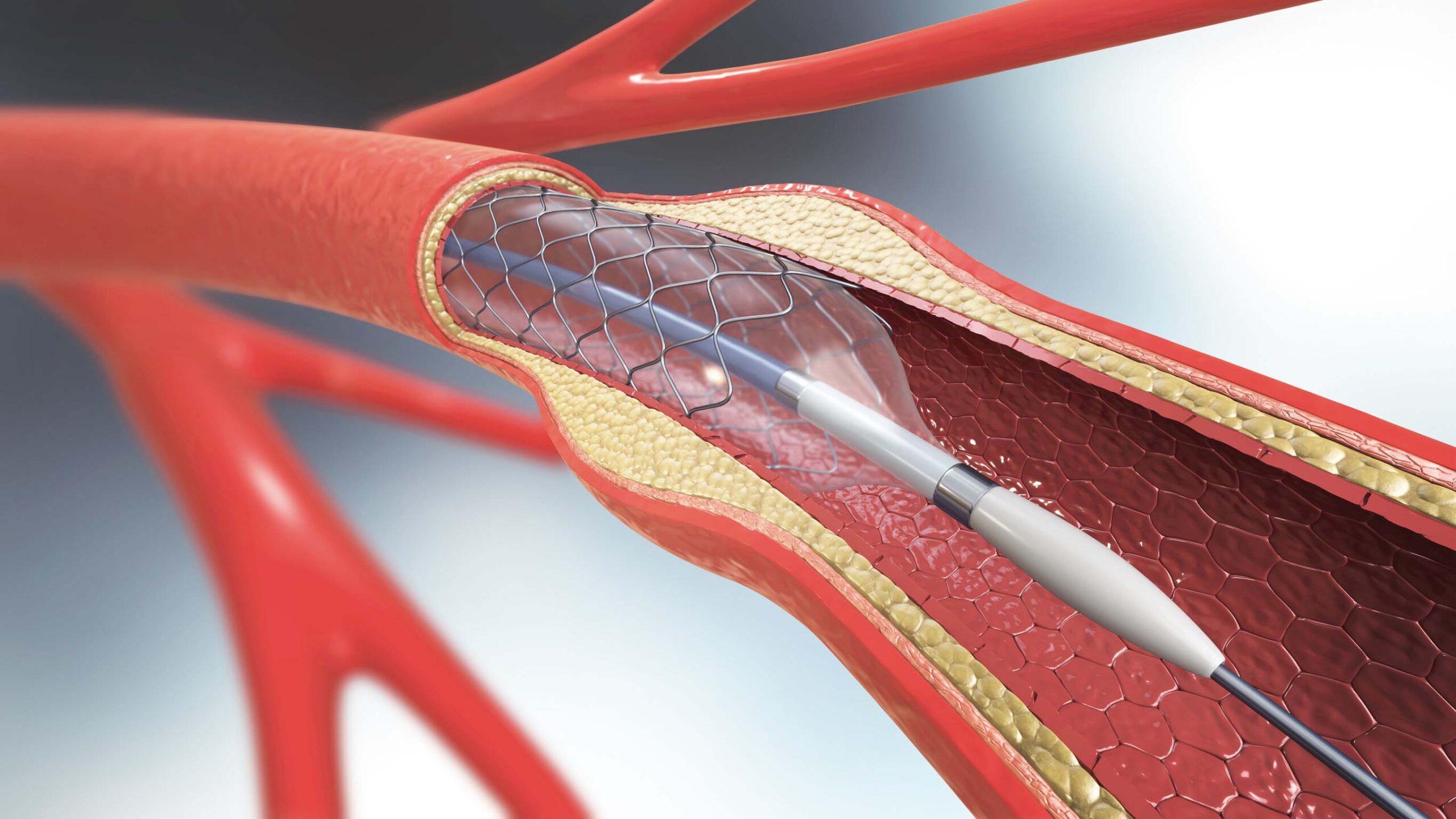What Is It?
- A non-invasive method which both determines if you have any coronary artery disease AND quantifies how bad that disease is by visually assessing the degree of vessel narrowing/stenosis.
- The CT scan will take pictures of your heart using x-rays to help determine if there is calcium in your coronary arteries (the blood vessels that supply your heart).
- The study provides a quantitative number of the amount of calcium in your coronary arteries, which your doctor can use to help guide your management.
- The CT scan will also take pictures of your heart with x-rays after the injection of contrast dye (intravenous contrast) which will help detect both soft (non-calcified) and hard (calcified) plaque in your coronary arteries. The dye will also help us determine how much stenosis the coronary artery disease is causing.
How Do I Prepare?
MEDICATIONS:
- Your doctor will provide you medication (Metoprolol or Ivabradine) to help reduce your heart rate. Please make sure to take this medication as well as any other heart medications you take on the day of the exam.
- No erectile dysfunction medications (e.g. Viagra, Cialis) for 72 hours prior to your exam
FOOD/DRINK:
- No food or drink for 3 hours prior to your exam
- No caffeine for 12 hours prior to your exam
How Is It Done?
- Our nurse will place an intravenous (IV) line in your arm.
- You may receive additional medication at the time exam to help slow your heart rate (our goal heart rate is less than 60 beats per minute). You will receive nitroglycerin spray under your tongue, which will help us take a better picture of your coronary arteries.
- Our technologist will position you on the CT table, so you are lying flat on your back.
- You will raise your arms above your head so that we can get the clearest picture of your heart.
- We will place small electrodes (little stickers) on your chest so we can get an EKG tracing to see the electric activity in your heart
- We will provide instructions on how to hold your breath during the scan.
- The CT scan table will quickly move multiple times as the machine takes your picture.
- The radiologist will review your study to see if any further pictures are needed.
- TOTAL EXAM DURATION: 15 minutes (more time may be needed if you require additional medications to reduce your heart rate)
What Happens Next?
- Results from your exam will be available to you within a few business days and oftentimes on the same day.
Calcium Scores can range from zero to over a 1,000. - How much your blood vessels are narrowed will be graded on a standardized scale called CAD-RADS:
- CAD-RADS 0 – Normal coronaries – 0% narrowing
- CAD-RADS 1 – Minimal coronary artery disease – 1-24% narrowing
- CAD-RADS 2 – Mild coronary artery disease – 25-49% narrowing
- CAD-RADS 3 – Moderate coronary artery disease – 50-69% narrowing
- CAD-RADS 4 – Severe coronary artery disease – 70-99% narrowing
- CAD-RADS 5 – Total coronary occlusion – 100% narrowing
- Your healthcare provider will contact you if they need to make any changes to your medications or if you need further testing. Types of additional testing may include a Nuclear Stress Test, Advanced Nuclear Stress Test or Cardiac Catherization.
Additional Information: https://www.radiologyinfo.org/en/info/screening-cardiac



